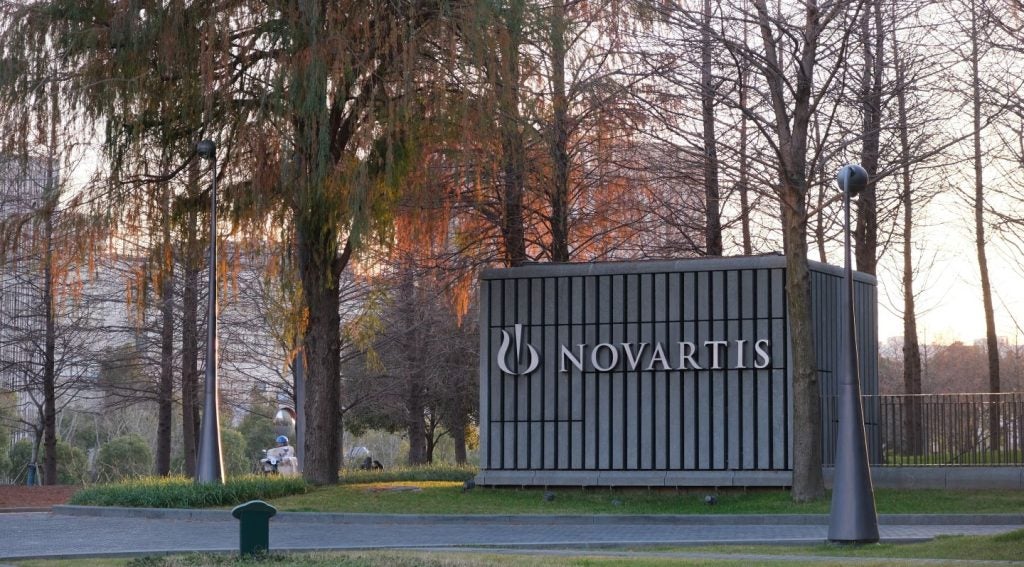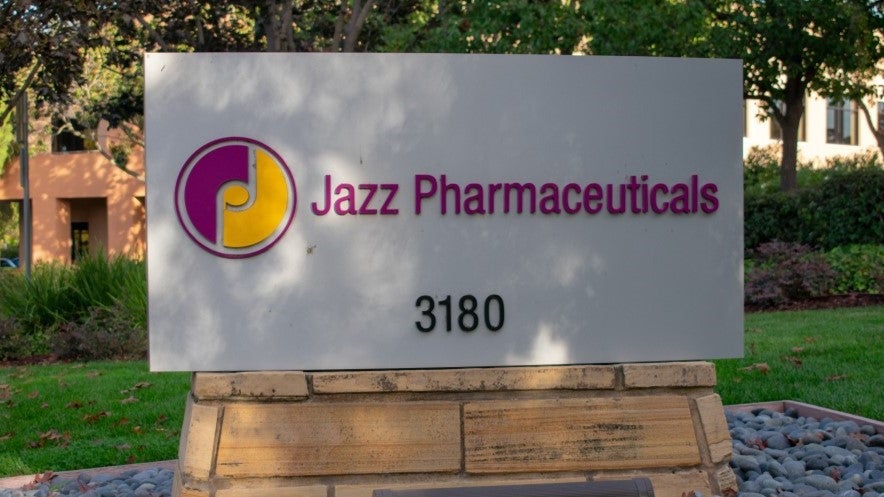The UK National Institute for Health and Care Excellence (NICE) has recommended Alexion, the AstraZeneca Rare Disease group's sebelipase alfa (Kanuma), for the treatment of Wolman disease in infants and toddlers on the National Health Service (NHS).
Wolman disease is a rare genetic ailment caused by a lack of a type of lysosomal acid lipase.
The enzyme replacement therapy will now be available for NHS England use.
Sebelipase alfa functions by substituting an enzyme absent in the body, and is administered together with a controlled, low-fat diet.
The treatment comprises intravenous doses of the therapy given every week in the at-home setting.
Funded through the Innovative Medicines Fund of the NHS, it will be made available immediately to eligible patients.
NHS chief executive Amanda Pritchard stated: “I am delighted the NHS can now, for the first time, offer a life-changing treatment to families facing this enormously difficult condition.
“Where previously there were no treatments available for infants facing this debilitating disease, this new therapy could save families from facing indescribable grief and allow more children...to grow up, go to school and live normal lives.”
Treatment with sebelipase alfa was shown to boost both life expectancy and quality of life for patients.
No treatment options for Wolman disease had previously been available on the NHS, with palliative care and symptom management being the standard care option.
NHS England Specialised Commissioning National Director John Stewart stated: “It’s fantastic news that babies born with Wolman disease will be able to benefit from this life-saving treatment on the NHS from today.
“This is just the latest example of patients benefiting from innovative medicines secured through NHS commercial deals, following shortly after a new five-year medicines agreement was reached with the pharmaceutical industry that will enable rapid patient access to the treatments of tomorrow.”
In September 2023, NICE recommended that Pfizer's Vydyra for acute migraines should be available on the NHS.















